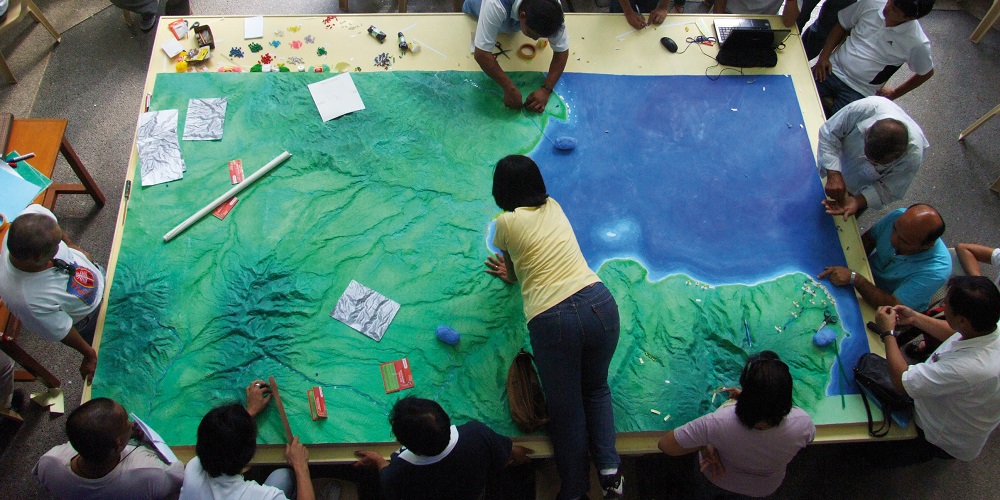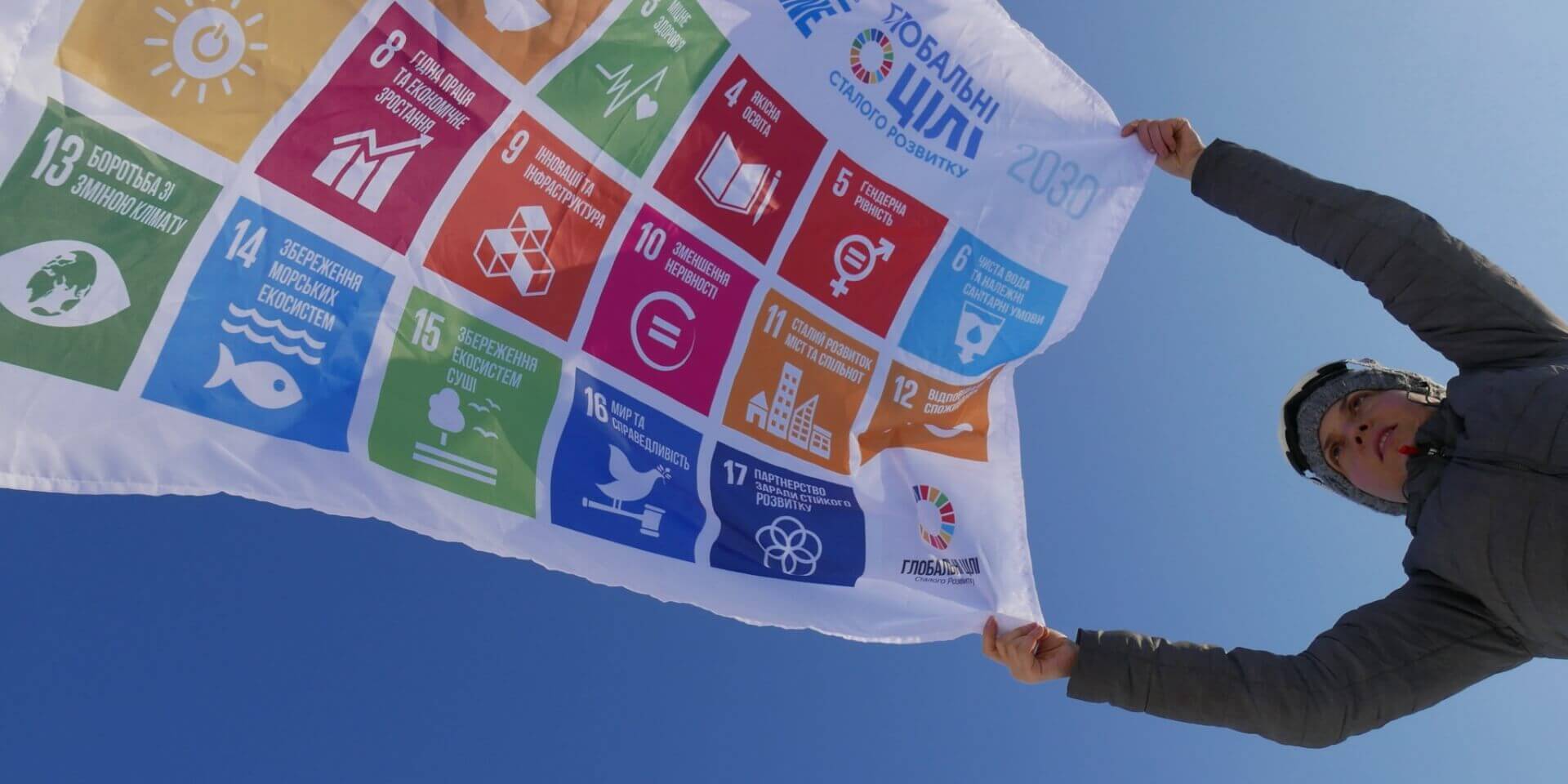Environment
The ISC is actively engaged on the environmental front with its work on strategic foresight in partnership with the United Nations Environment Programme (UNEP), its involvement in the Global Environmental Outlook assessment (GEO-7), as well as with its contributions to the ongoing negotiations on an international Plastics Treaty (INC).

Climate change
The ISC has a unique position as a convening and federating actor for the scientific community working on climate change, and brings together its research programmes and observing systems to participate via official delegations at UNFCCC Conference of the Parties (COP) meetings. As a co-sponsor of different actors in the climate science community, the ISC functions as a coordinating hub to ensure efficient coordination and joined-up action for the science community at the COP.

Disaster Risk Reduction
The ISC has a long history of involvement in the coordination of international research on disaster risk.
Recognizing the need for transdisciplinary science to address the most pressing problems in the field, the ISC’s predecessor organizations actively contributed to the creation of the Integrated Research on Disaster Risk Programme (IRDR) in 2018.

Sustainable Development Goals
The ISC provides input and advice on the SDGs throughout their development and implementation in a number of ways.
As a co-convener of the Science and Technology Major Group, the ISC provides evidence-based, politically independent, and actionable scientific guidance to decision-makers at annual High-level Political Fora (HLPF) and the Multi-stakeholder Forum on Science, Technology and Innovation for the SDGs (STI Forum)

Small Island Developing States (SIDS)
The SIDS are recognized by the UN as a specific priority group of countries. Their small size, remoteness and limited resource bases mean they tend to share a number of unique challenges for sustainable development. The SIDS are also particularly vulnerable to the impacts of climate change and to natural disasters.
Whilst the UN SAMOA (SIDS Accelerated Modalities Of Action) Pathway highlights the importance of science and technology for these countries, science institutions in SIDS countries often have limited capacity. The ISC works to mobilize the scientific community in Small Island Developing States, and to ensure that research on and from the SIDS is brought to the attention of global policy-makers.

Urban development
The rapid force of urbanization is a powerful catalyst to advance all three aspects of a transitions to sustainable development – social, economic and environmental – as set out in the 2030 Agenda on Sustainable Development.
At the UN’s Habitat III conference (2016), the ISC’s predecessor organization ICSU played a role convening the scientific community and providing a platform for engagement.
Together with partners, ICSU set up a knowledge exchange platform Habitat X Change.

Biodiversity
The ISC predecessor ICSU played an active role in advocating for and shaping the creation of the Intergovernmental Science-Policy Platform on Biodiversity and Ecosystem Services (IPBES). IPBES is similar to the Intergovernmental Panel on Climate Change (IPCC) and provides policy-relevant scientific information on biodiversity and ecosystem services in response to requests from governments and other stakeholders. The ISC is an observer organization of IPBES, mobilizing its Members to participate in the deliverables of IPBES and strengthening the science-policy interface on major issues at global and national levels.

